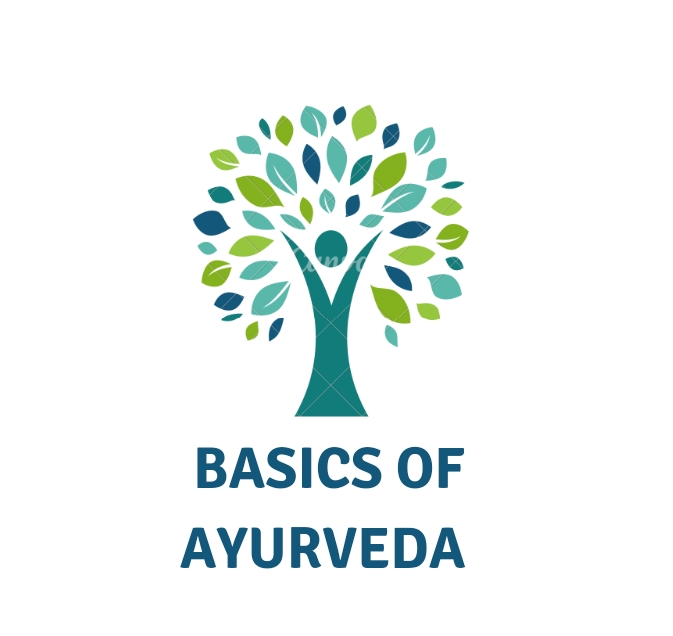Ayurveda is an ancient Indian system of medicine that has been practiced for thousands of years. It is based on the belief that the mind, body, and spirit are all connected and that a healthy balance of these elements is necessary for overall wellness.
Here are some Ayurvedic basics that can help you understand this holistic approach to health and wellness.
1. Doshas
According to Ayurveda, there are three doshas – Vata, Pitta, and Kapha – that govern all bodily functions. Each person has a unique combination of these doshas, which is known as their prakriti. Understanding your prakriti can help you make lifestyle choices that are better suited to your individual needs.
Vata is associated with air and space and governs movement and the nervous system. Pitta is associated with fire and governs digestion and metabolism. Kapha is associated with earth and water and governs structure and stability.
2. Diet
Ayurveda emphasizes the importance of eating a balanced diet that is appropriate for your dosha type. Foods that are beneficial for one dosha may not be as helpful for another. For example, those with a Pitta-dominant prakriti may benefit from cooling foods like cucumber and coconut, while those with a Kapha-dominant prakriti may benefit from warming foods like ginger and cumin.
3. Lifestyle
Ayurveda also emphasizes the importance of a healthy lifestyle. This includes getting enough sleep, engaging in regular exercise, and practicing stress-reducing techniques like meditation and yoga.
4. Herbal remedies
Herbs and other natural remedies are an important part of Ayurveda. Some commonly used herbs in Ayurvedic medicine include ashwagandha for stress relief, turmeric for inflammation, and triphala for digestive support.
5. Cleansing practices
Ayurveda also emphasizes the importance of periodic cleansing practices to rid the body of toxins and restore balance. These practices may include oil pulling, neti pot use, or tongue scraping.




0 Comments: